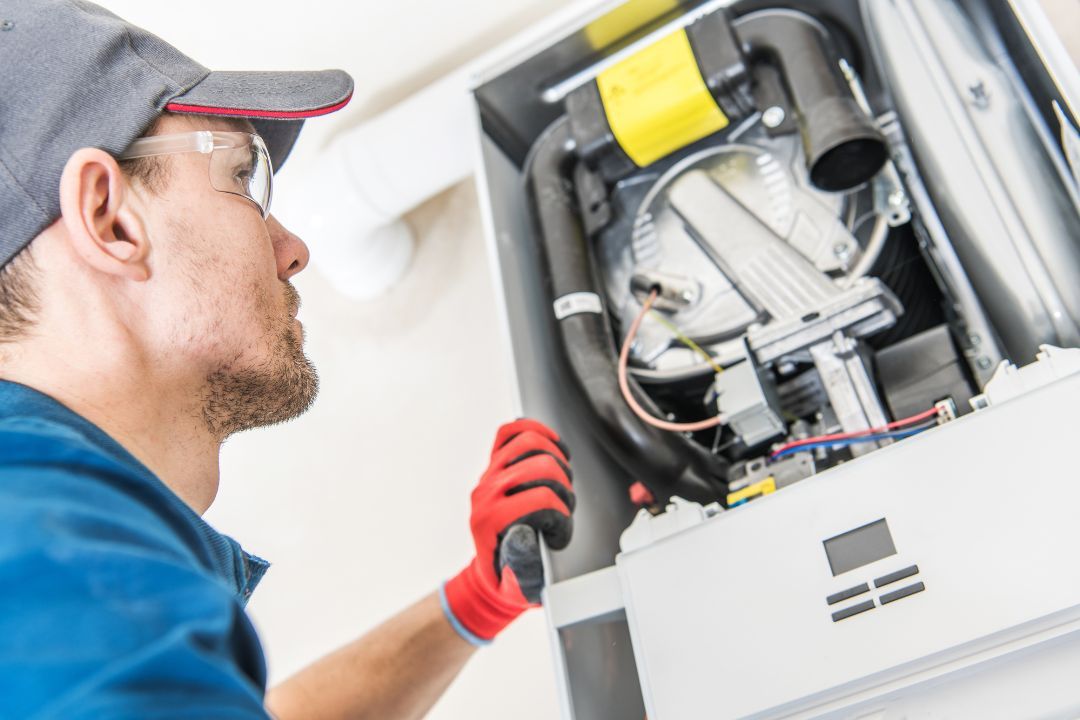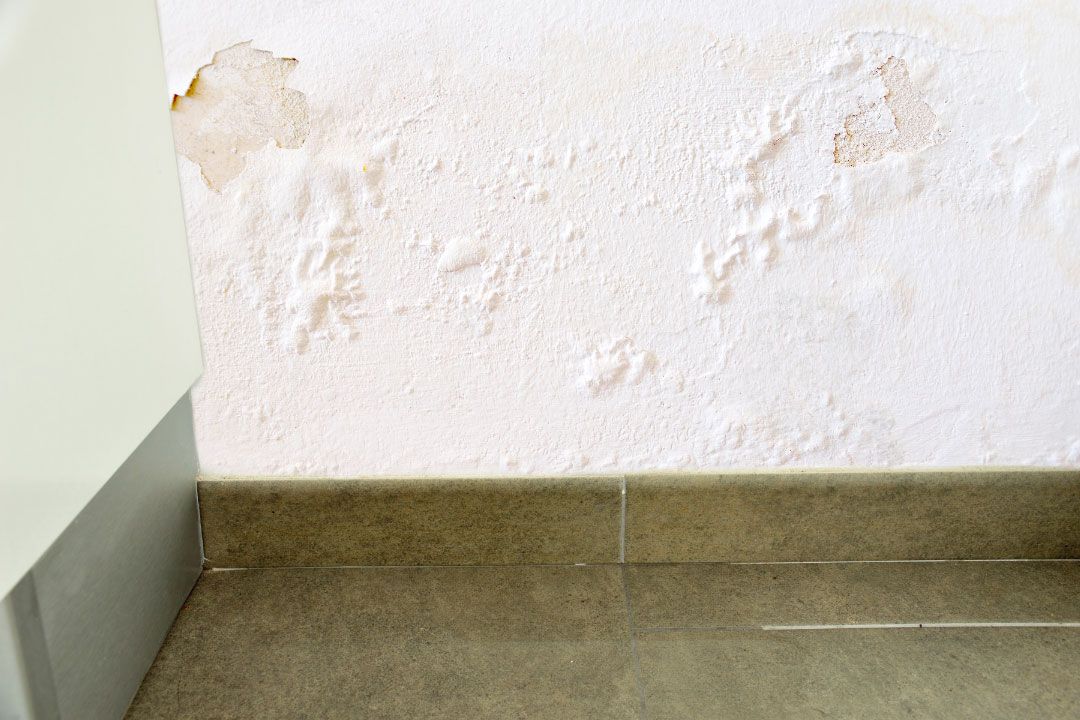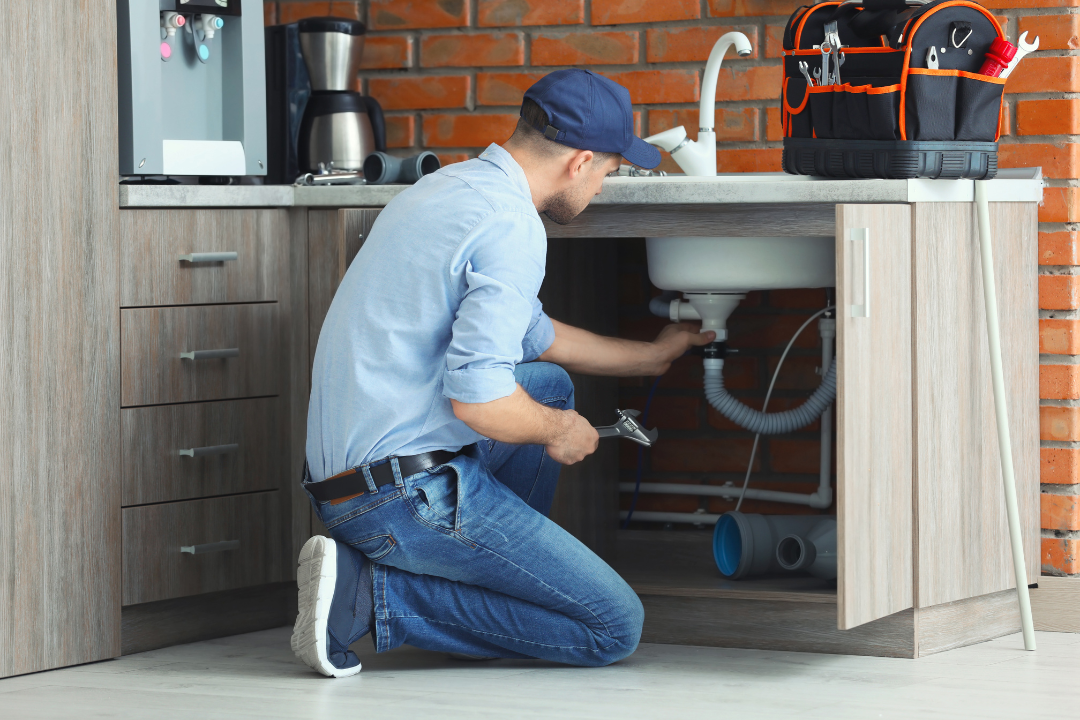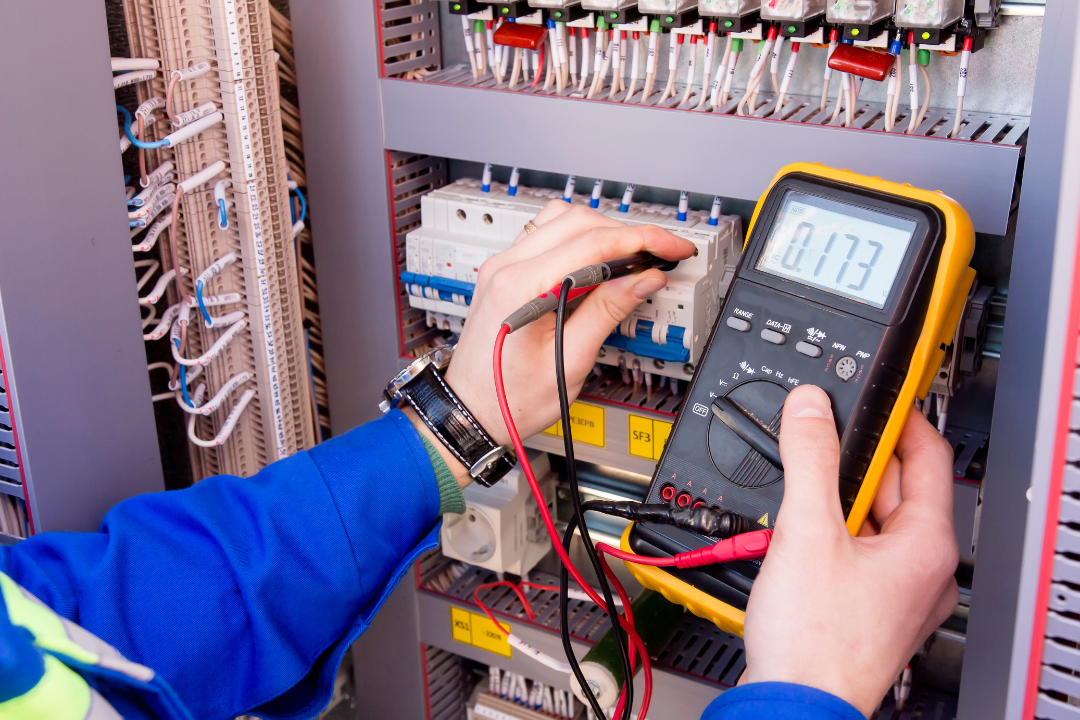Understanding Water Pressure Issues and How to Solve Them
Water pressure problems can be frustrating and inconvenient, whether it’s low water pressure affecting your showers or high pressure causing damage to your plumbing system. Understanding the causes of these issues and how to address them is crucial for maintaining a healthy water system at home. We’ll explore the common causes of water pressure problems and offer practical solutions to get your water flow back on track.
1. Low Water Pressure Throughout the House
Low water pressure affecting your entire home is one of the most common issues homeowners face. This can make daily tasks like showering, washing dishes, or using appliances a hassle.
Possible Causes:
- Main Water Supply Valve: The main water supply valve may not be fully open, restricting the flow of water into your home.
- Municipal Supply Issues: If your home is connected to a municipal water supply, there might be a problem with the main water line in your area.
- Corroded Pipes: Old, corroded pipes can restrict water flow over time, causing reduced pressure.
Solutions:
- Check the Main Valve: Ensure the main water valve is fully open.
- Contact Your Water Provider: If the problem is external, contact your local water provider to check for issues in your area.
- Replace Old Pipes: If corrosion is the problem, consider having old pipes replaced by a licensed plumber.
2. Low Water Pressure in a Single Fixture
If you notice low water pressure at just one sink or shower, the problem is likely localized to that specific fixture. This is typically an easier issue to fix compared to whole-house pressure problems.
Possible Causes:
- Clogged Aerators: The aerator (the small mesh screen on the faucet) might be clogged with mineral deposits.
- Faulty Fixture: The fixture itself may be worn out or damaged.
- Localized Pipe Blockage: There could be a blockage in the pipes leading to that specific fixture.
Solutions:
- Clean the Aerator: Unscrew the aerator and soak it in vinegar to remove any mineral build-up.
- Replace the Fixture: If cleaning doesn’t work, it might be time to replace the fixture.
- Clear Blockages: Call a plumber if you suspect there’s a blockage in the pipes themselves.
3. High Water Pressure Issues
While high water pressure might seem like a luxury, it can actually cause significant damage to your plumbing system, leading to leaks, bursts, and even appliance malfunctions.
Possible Causes:
- Faulty Pressure Regulator: Many homes are equipped with a pressure regulator that controls water pressure. If it’s malfunctioning, pressure can become too high.
- Municipal Supply: Sometimes the water supply from your city or municipality is set at too high a pressure for your home’s plumbing.
Solutions:
- Install or Repair a Pressure Regulator: If your home doesn’t have a pressure regulator, consider installing one. If it’s malfunctioning, a plumber can repair or replace it.
- Consult a Plumber: If high water pressure is caused by external factors, a plumber can install devices like pressure-reducing valves to prevent damage.
4. Sudden Drops in Water Pressure
A sudden drop in water pressure can be alarming and may indicate a serious issue with your plumbing system or water supply. This issue requires immediate attention.
Possible Causes:
- Leaks: A leak somewhere in your plumbing system can cause a significant drop in pressure.
- Faulty Water Pump: If you have a well, the water pump might be malfunctioning.
- Blockages: A sudden blockage in the pipes, such as debris or sediment, can disrupt water flow.
Solutions:
- Inspect for Leaks: Check for visible leaks around the house or yard. Call a plumber if you suspect a hidden leak.
- Check the Pump: If you use a well, inspect your water pump and call a professional if it seems faulty.
- Clear Blockages: If blockages are causing the issue, a professional can clear them using specialized tools.
5. Water Pressure Fluctuations
If your water pressure frequently fluctuates, it can make activities like showering or washing dishes difficult. This inconsistency can stem from various causes.
Possible Causes:
- Demand on Water Supply: If multiple fixtures or appliances are running at once, it can cause water pressure to drop.
- Partially Opened Valves: A partially opened shutoff valve can cause water pressure to fluctuate.
- Air in Pipes: Air trapped in your water lines can cause the water to sputter and pressure to fluctuate.
Solutions:
- Stagger Water Usage: Avoid running multiple water-consuming appliances at the same time.
- Check Valves: Ensure all valves are fully open and operating properly.
- Bleed Air from Pipes: If you suspect air in the lines, call a plumber to bleed the system.
6. Banging Noises in Pipes (Water Hammer)
If you hear loud banging noises in your pipes when you turn the water off, you may be experiencing “water hammer,” which is a pressure surge when water suddenly stops or changes direction.
Possible Causes:
- Lack of Air Chambers: Older homes might not have air chambers to absorb the shock of sudden water stoppage.
- High Water Pressure: Water hammer can also be caused by high water pressure in your system.
Solutions:
- Install Air Chambers: A plumber can install air chambers or water hammer arrestors to absorb the shock.
- Lower the Pressure: Reducing the overall water pressure in your home can help reduce water hammer.
7. Clogged or Malfunctioning Pressure Reducing Valve
If your water pressure is consistently low despite taking all other steps, the issue could be with the pressure reducing valve (PRV), which controls the water pressure coming into your home.
Possible Causes:
- Worn Out PRV: Over time, the PRV can wear out or become clogged with debris.
- Maladjustment: The valve might not be properly adjusted to maintain the desired pressure level.
Solutions:
- Adjust or Replace the PRV: Check the settings and adjust the PRV as needed. If it’s malfunctioning or clogged, a plumber can replace it.
- Regular Maintenance: Ensure your PRV is regularly inspected and maintained to prevent future issues.
Conclusion
Water pressure issues are a common household problem, but understanding the causes and solutions can help you resolve them quickly and efficiently. Whether the problem is localized to a single fixture or affects your entire home, the key is to identify the root cause and apply the appropriate solution. If you’re ever unsure or the problem persists, don’t hesitate to contact a professional plumber to avoid more significant damage to your home’s plumbing system.







